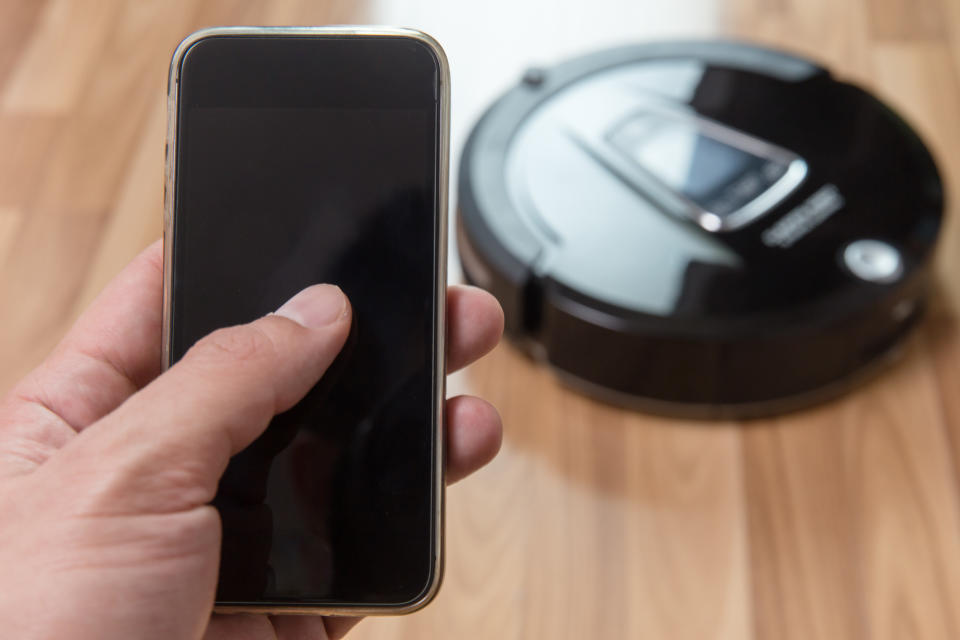3 Numbers I'm Watching When iRobot Kicks Off Fiscal 2019
iRobot (NASDAQ: IRBT) CEO Colin Angle predicted back in early 2018 that the next three years would determine which companies will dominate the robotic cleaning industry for the coming decade. The Roomba maker went on to outperform most investors' expectations by clocking a 24% sales spike last year. iRobot also managed to increase profitability despite rising tariff costs and surging competition from price-based rivals.
On Tuesday, April 23, the consumer tech specialist will kick off a new fiscal year that executives think could build on that momentum by showing significant sales growth and modest earnings gains. But fiscal 2019 will also be about making the business more diverse and less susceptible to trade skirmishes in any single part of the world.

Image source: Getty Images.
Sales volumes
iRobot hopes to expand its installed base to many times the current footprint as robotic cleaning devices mature to dominate the premium end of the floor care market. There are many benefits to quickly scaling up that sales base, including establishing brand loyalty and lowering per-unit manufacturing costs.
To judge management's success here, investors can follow iRobot's sales volumes. That metric improved to 4.5 million last year from 3.7 million a year earlier. iRobot enjoyed especially strong growth over the holiday shopping season, when unit sales jumped to 1.68 million from 1.34 million. Those numbers were supported by popular new product launches like its self-emptying vacuum model that can work for weeks without needing any input from its owner.
iRobot's fiscal first quarter will be a seasonally slower period, but the company should still benefit from the rollout of its newest models to more geographies and additional retailers. Investors can also follow sales volumes for the Braava mopping lineup, which management is expecting to help diversify its business beyond just vacuum products.
Rising prices
If iRobot's products are meeting weaker demand, or if competition is getting more aggressive, then investors are likely to see the earliest warning signs show up in flat or falling prices. There were no issues here in the past year, as gross profit margin jumped to 51% of sales from 49%, and average selling prices improved to $294 from $276.
Fiscal 2019 will bring a new set of challenges, though, including more vacuum model introductions from rivals, many of which will be priced below iRobot's Roomba lineup. If the company can extend its streak of healthy pricing through that gauntlet, then investors will have another data point implying strong competitive advantages in its tech leadership, branding, manufacturing, and marketing competencies.
Operating margin
Angle and his team said back in February that operating income should land between $108 million and $118 million in 2019. That would translate into reduced profitability as operating margin lands between 8.2% of sales and 9.2% of sales compared to last year's 9.7%.
Two big factors will weigh on results in 2018. First, the company is expecting costs, including tariff rates, to rise significantly. And second, iRobot is working on diversifying its manufacturing base and supply chain so that it isn't so reliant on just the Chinese market.
Executives say both these issues will be temporary, and that operating margin should climb back toward 10% by fiscal 2020. iRobot may adjust those expectations on Tuesday to account for the latest industry conditions that management has seen.
More From The Motley Fool
Demitrios Kalogeropoulos has no position in any of the stocks mentioned. The Motley Fool owns shares of and recommends iRobot. The Motley Fool has a disclosure policy.

 Yahoo Finance
Yahoo Finance 